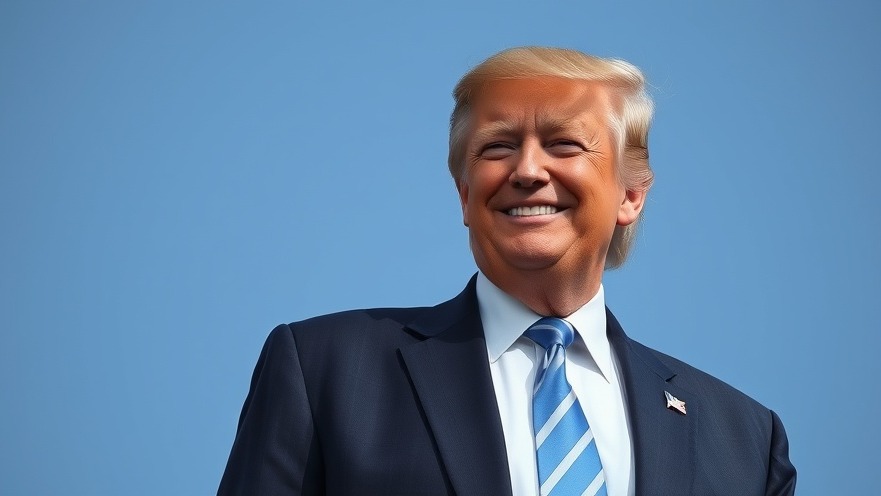
Government Shutdown: The Implications for American Citizens
As the government officially shuts down, millions of Americans hold their breath in uncertainty over what the future holds. This event marks a significant moment in U.S. history, reflecting ongoing tensions in Capitol Hill and casting a shadow over vital public services. The most immediate concern revolves around the impact on federal employees, who are now left in limbo as they face potential furloughs or delayed payments.
In 'WATCH LIVE: Hakeem Jeffries And House Dems Hold Press Briefing On Day One Of Government Shutdown,' a discussion unfolds about the pressing implications of the shutdown, prompting this deeper analysis.
During a recent press briefing, House Minority Leader Hakeem Jeffries led the discussion, highlighting the need for bipartisanship in resolving this crisis. With America today grappling with inflation and a struggling economy, the urgency for a solution is paramount. Jeffries emphasized that while political stalemates can foster division, the goal should be to prioritize the safety and wellbeing of U.S. citizens, particularly during trying times.
Understanding the Political Standoff
The reasons for the government shutdown are deeply political, related to disagreements on budget allocations and comprehensive spending plans. The negotiations have often swung back and forth, with various factions within Congress advocating for different approaches to funding education, healthcare, and infrastructure. These divisions keep the current crisis alive and exacerbate frustrations as American families attempt to navigate their daily lives.
Amid this turmoil, public opinion polling suggests that a significant majority of Americans are frustrated with the constant uncertainty stemming from Washington. They experience the tangible consequences: delays in federal services such as veteran care and national security operations and disruptions in programs like student loans and healthcare assistance.
Future Predictions and Opportunities for Change
Looking forward, commentators predict more significant repercussions in the weeks ahead if a resolution is not reached. The shutdown not only affects government operations but also signals larger issues regarding federal legislation. According to experts, such crises may inspire citizen engagement, where individuals feel compelled to voice their concerns and take action, paving the way for future changes in the political landscape.
A Broader Context: The National Debt Crisis
This governmental impasse does not exist in a vacuum; it occurs against the backdrop of a growing national debt crisis. As long-term financial planning continues to be a point of contention, the interplay between government funding and economic stability cannot be understated. The prospect of rising debt may lead to long-term challenges for federal projects, social programs, and overall public trust.
Actionable Insights for Citizens Amid the Shutdown
Citizens can utilize this moment to engage more actively in political discourse. Staying informed through reliable national news sources is vital, and individuals can express their opinions directly through calls or emails to their representatives. Furthermore, awareness of available resources, such as unemployment benefits or community support programs, is crucial for those who may face hardships due to the shutdown.
Conclusion: The Need for Unity in Crisis
The current government shutdown is a clarion call for American unity. As various stakeholders in the current political landscape express their stances, it becomes essential to foster common ground for the sake of the nation. In light of recent events, examining the dynamics of power in Washington and advocating for practical solutions will be imperative for navigating the tumultuous political waters ahead.
 Add Element
Add Element  Add Row
Add Row 



Write A Comment